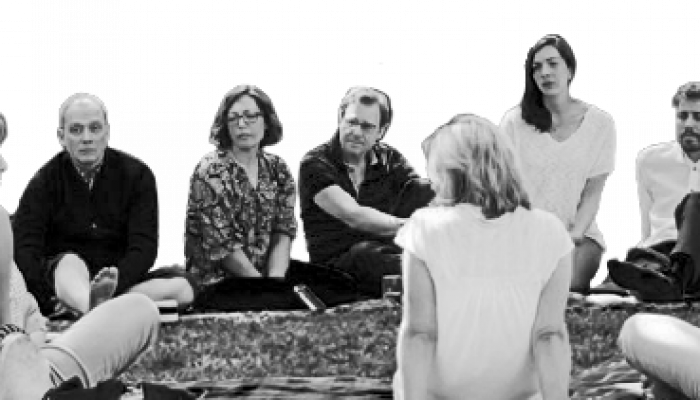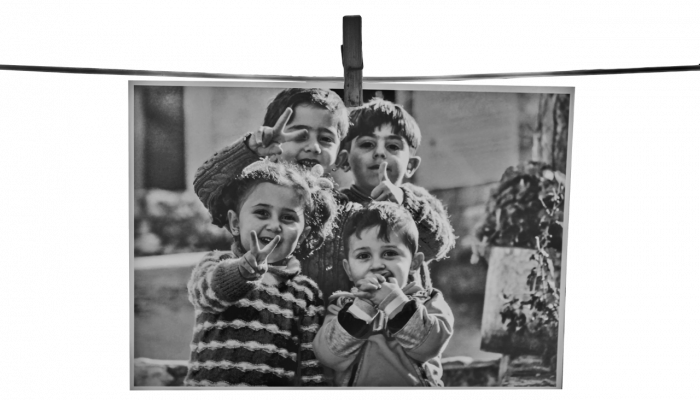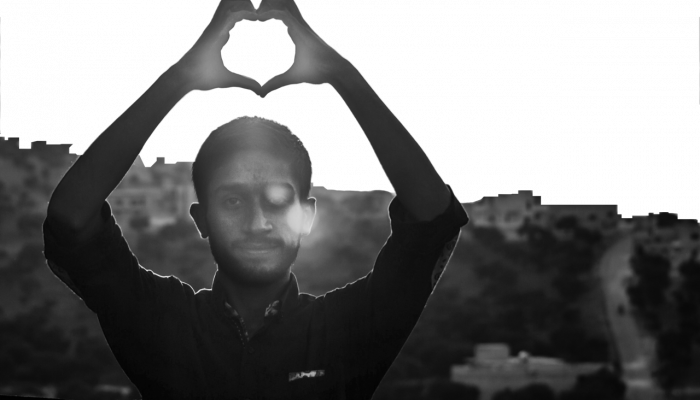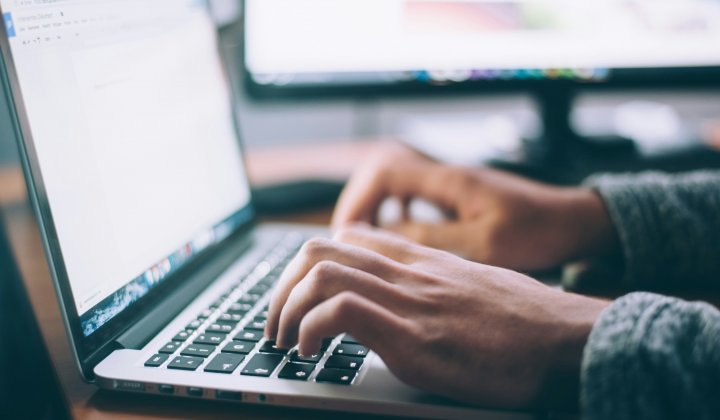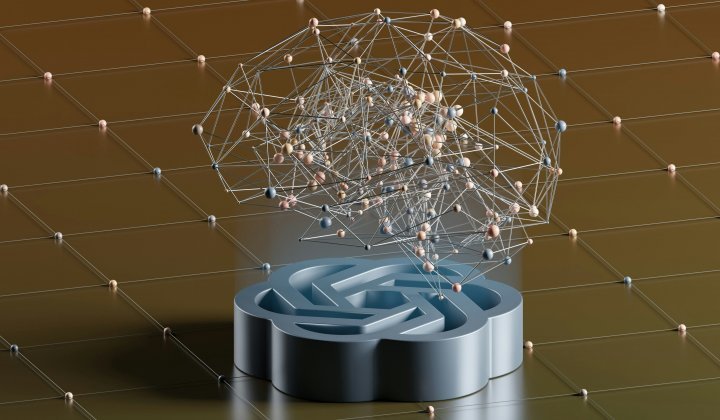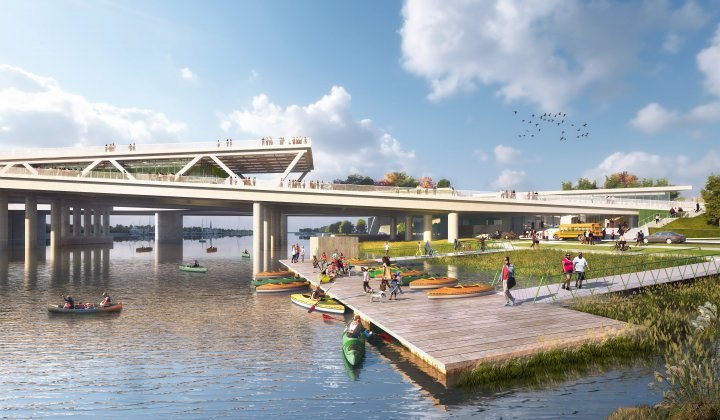Learning, recalibrating and adapting have been central to our experience amidst the Covid-19 pandemic. For many, much of this learning has come with accepting the ‘new normal’, however that may look. What has become strikingly clear is that we can collaborate and transform crises.
What follows are five critical lessons on how to do so, viz. that exploring possible futures together enables more effective crisis preparedness, response, and recovery; that working experimentally can reduce the devastating effects of future crises; that working systematically has the potential to reveal strategic opportunities; that robust relationships can be activated to enable effective and timely responses; and that working towards decolonisation can enable resilience.
These lessons became clearer to us in our work at Reos Partners in 2020, where we supported initiatives in the areas of justice transformation, education, climate change, and peace and democracy. Reos Partners is an international social enterprise supporting the work of moving people forward together on their most important and intractable challenges. Addressing these challenges took a systemic (addressing root causes of problem), experimental (improving abilities to adjust to a constantly changing reality as it unfolds), and collaborative (bringing diverse stakeholders into the decision-making process) approach. In doing so, our partners moved forward on their challenges, and we witnessed incredible examples of resilience at play.
Learning 1 – Working experimentally can reduce the devastation of future crises
“To meet this challenge, we really needed to be innovative. And we were. These ideas are really out of the box – a bit crazy – but they can work.” – Lab participant
Insurance is a powerful tool to help people recover when unexpected crises hit, and yet many of those who are most vulnerable do not have it. There are many barriers to effective insurance, such as the lack of trust in insurance and the limited understanding of insurance among the most vulnerable. The Inclusive Insurance Innovation Lab aims to develop answers to these challenges so that more people can be protected from the consequences of unexpected events in their lives.
In partnership with the Access to Insurance Initiative, Reos Partners, in 2020, supported the social lab’s second group of country cohorts from Rwanda, India, Argentina and Morocco to develop insurance solutions that can soften the blow of future crises for those who really need it. Thus, social labs act as containers of social experiments designed to address complex social challenges on a systemic level.
By taking an approach that puts the customers’ needs first and then testing, refining, and re-testing new ideas, the lab creates solutions that work practically, helping those who need it most to weather future shocks. These multi-sector lab teams use this rare opportunity to work together creatively and experimentally to better understand their shared concern, develop robust relationships, challenge each other's thinking, and execute collective problem-solving. This kind of work is important as it lays the foundation for the present and any future provocations the industry may need to address.
Learning 2 – Exploring possible futures together enables more effective crisis preparedness, response, and recovery
“I’m thankful for this exercise. It has opened a space in my mind for a new way of thinking which I find refreshing and difficult. There’s a need for more of this. It frees up the space that we shield ourselves from.” – Scenarios exercise participant
Bushfires in Australia are a regular and widespread natural occurrence. However, the ‘Black Summer’ bushfires from 2019 to 2021 were the worst in the country’s history. Worryingly, it is widely predicted that future bushfire seasons will be longer and far worse. In the past, emergency response in Australia and New Zealand has typically followed a seasonal cycle of preparedness, response and recovery. However, more frequent and catastrophic bushfires and growing climate-related emergencies are casting doubt on whether the old way of doing things will suffice.
The need here was to establish how fire and emergency service agencies could best prepare to provide effective services in a climate-challenged world. The team involved applied a facilitative method we at Reos Partners refer to as a Transformative Scenarios Process to tell stories of possible futures and what they could do to transform them. This process brought together diverse actors from the Bushfire and Natural Hazards Cooperative Research Centre and 25 Australian and New Zealand governmental and non-governmental agencies with a key stake in emergency responses.
Together with stakeholders, the group explored possible futures for the social, political, economic, environmental, technological and legal context in which emergency services would operate. This method enabled better sight of how they could move forward more effectively in this new world. Equipped with these plausible stories of the future, emergency response organisations and communities were, and continue to be, better able to develop the policies, strategies, tools, relationships and resilience required to meet an uncertain future.
This newfound understanding of what the future might look like will be used to strengthen emergency service agencies’ organisational and sector strategies across Australia and New Zealand. Preparing for the future is fundamental to successful outcomes.
Learning 3 – Working systematically reveals strategic opportunities in a crisis
“Behind every crisis is a hidden opportunity.” – Stakeholder team member
The Syria Justice Innovation Process held with our convening partner, The Hague Institute for Innovation of Law, supports Syrians to design solutions to everyday legal problems facing the people of Syria. At the beginning of the pandemic, it was evident that the disruption would impact the achievement of the group's goals and the process to get there, but it was unclear what that impact would be.
We began by paying attention to the whole system through a method we call the Covid Futures Framework. This framework was designed for situations in which stakeholders know that their system is impacted directly and indirectly by Covid-19, but the implications and responses are not obvious. Secondly, they were aware that there is a need and appetite for stakeholders to come together to create a collective understanding of these impacts and to respond collaboratively.
In essence, the early analysis of how Covid-19 would affect the Justice Innovation Goals was worrying, and as the participants navigated the challenges, new opportunities became clear. The process helped stakeholders see beyond the immediate confusion brought about by the crisis to recognise where new possibilities had emerged for achieving their goals.
Learning 4 – Robust relationships across a system can be activated to enable effective and timely responses
“The trust, relationships and partnerships created amongst the members of the lab over the last few years enabled us to quickly adapt our initiative to produce necessary equipment during the crisis involving seamstresses working in safe conditions and receiving fair wages. A win-win solution for all.” – Sustainable fashion lab member
At the beginning of 2020, the Sustainable Fashion Lab in Brazil was already a well-established platform. Having worked together over the past two and a half years, an unlikely group of collaborators had developed strong trust and mutual understanding, finding innovative solutions for the fashion industry in a Social Lab.
When the pandemic began, members of the lab could swiftly organise themselves to identify what solutions they could contribute. The systemic understanding and strong existing relationships shared by lab members enabled them to rapidly develop sustainable responses. A good example of how this relationship affected change is when masks were in short supply. Partners in the lab swiftly began producing and distributing masks and gowns in a collaborative effort. Seeing that the lockdown would have significant economic and social impacts, especially for workers and small businesses, lab members also created a sectoral position paper, which was presented to the Ministry of the Economy, in support of emergency measures for those most affected by the crisis, using sustainability as a key element of the recovery. What I consider as a pillar at the core of our work is this cultivation of existing connections and ways of working that enable rapid, effective response to challenges – in this case, the facilitation and planning of a recovery of an industry using sustainability as a key element.
Learning 5 – Working towards decolonisation supports resilience
“We are united in trying to move forward. Differences seem to melt away when we look to the future. The fulsome discussion allowed me to see things in a different light with a fresh perspective, better equipping me to be part of the solution.” – Wahbung participant
Manitoba First Nations in Canada have been working for decades to undo the harm of colonisation and create better futures. In 2018, Reos Partners was invited to support the development of a shared vision and pathway towards Mino Pimatisiwin (“the good life” in Cree). Through the use of a Transformative Scenarios Process, The Wahbung Process created a vision and pathways toward the self-determination of First Nations people in Manitoba.
This approach helped revive and build on a seminal 1971 political declaration that outlined an agenda for action, including the First Nations’ inherent right to design and have full authority over their health, education, and child and family services systems, informed by First Nations’ worldviews, laws, and approaches.
In this case, the value of the previous years' work was evident as members of the project collaborated effectively across their institutional silos to address the quickly morphing crisis. The team continuously worked together to deal with all dimensions of the crisis, including communications, emergency response, patient transport, vaccine distribution, and policy development. This is where the resilience revealed itself.
The crises of 2020, while unprecedented, will certainly not be the last ones that we face. As we move into this decisive decade, these learnings are now, more than ever, revealing the importance of sharing experiences, methods, and curiosity with those who have the courage to tackle tough challenges, in whatever shape they may come.
Mpinane Senkhane is a consultant at Reos Partners, an international social enterprise that helps people move forward together on their most important and intractable issues.


